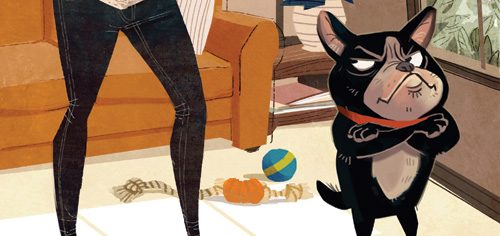

Why Your Senior Dog Seems To Have Puppy Problems
And just what to do to keep up with those golden years
It’s just a little frosting on the muzzle, “sugar sprinkles,” if you will. These endearments for the telltale signs of age on our dogs’ faces mask our denial of their march through time. Wasn’t it just yesterday we brought him home? When did he get so frail, so tired…so old? And why is he suddenly turning into a problem child?
As dogs get older, you won’t just see changes in appearance or stamina. You’ll also see changes in behaviour. Puppies chew inappropriate items, eliminate in your home, and struggle when you first start to clip their nails. As you train your pup, these issues go away—only to often return in your dog’s golden years. This is normal, although it can be confusing for unsuspecting pet parents who thought these problems were long in the past. Ready for some déjà vu? Here are some issues you may find coming back to bite you as your best canine friend becomes a senior.
Anxiety
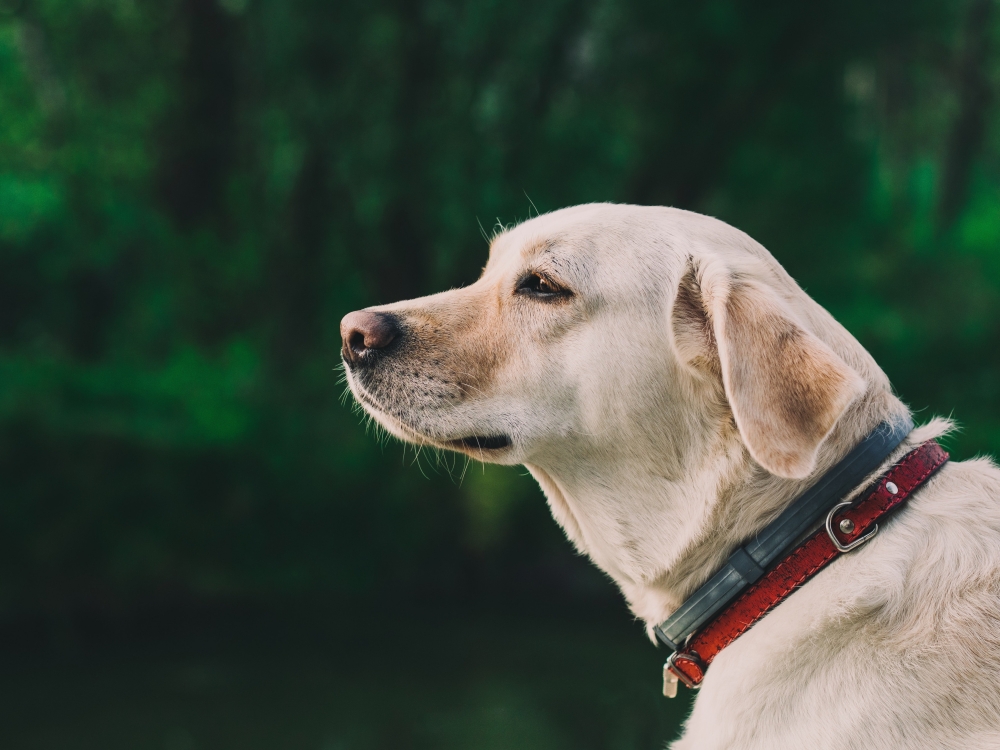
Or perhaps it’s your dog’s reaction to you leaving. Did he cry as a puppy when you left for work? If you treated the issue, he likely improved and was perfectly happy to be a latchkey dog while you went out. Your senior dog, however, may now start whining the second you pick up your keys to head out the door.
Why is this happening? As a dog ages, his hearing and other senses diminish. This can cause stress for your dog. As his long-time companion, you are his comfort. So when you leave, it can increase his stress, which can manifest in separation distress or anxiety. He may whine more, be clingy, and have a general worried expression. You may see stress yawns or lip licking. Increased anxiety and phobias are not uncommon in older dogs. If you suspect your dog is overly stressed, talk to your veterinarian about anti-anxiety medication – it may take several different trials before you find one that works best for your dog. Other things you can do to ease his anxiety include keeping to his routine as much as possible, leaving the TV or radio on when you have to leave him alone, and keeping his mind engaged by teaching him new things.
Housetraining Accidents
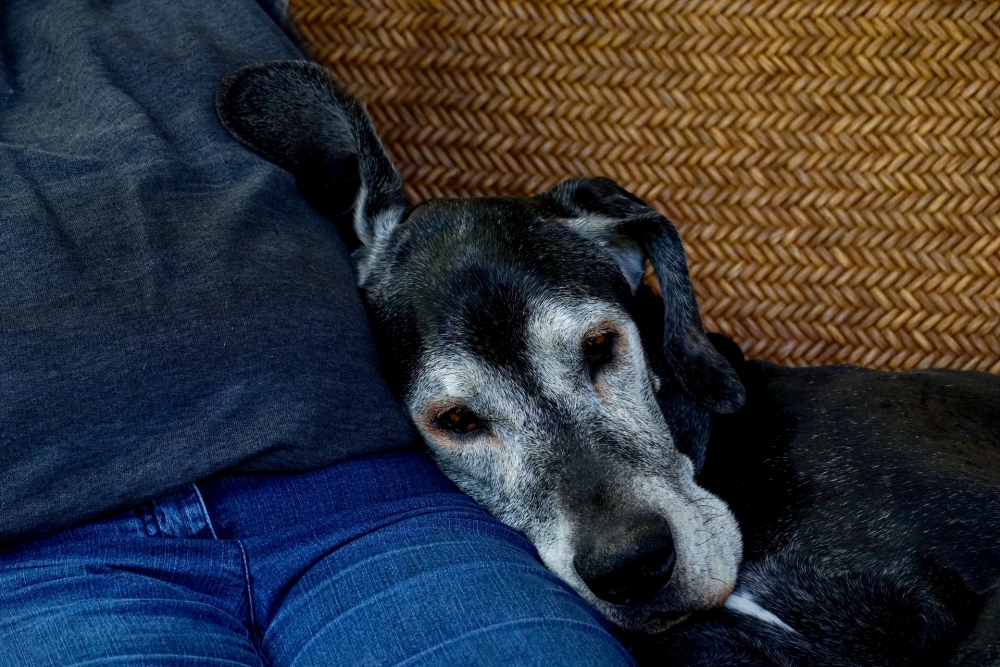
Destructive Behaviour
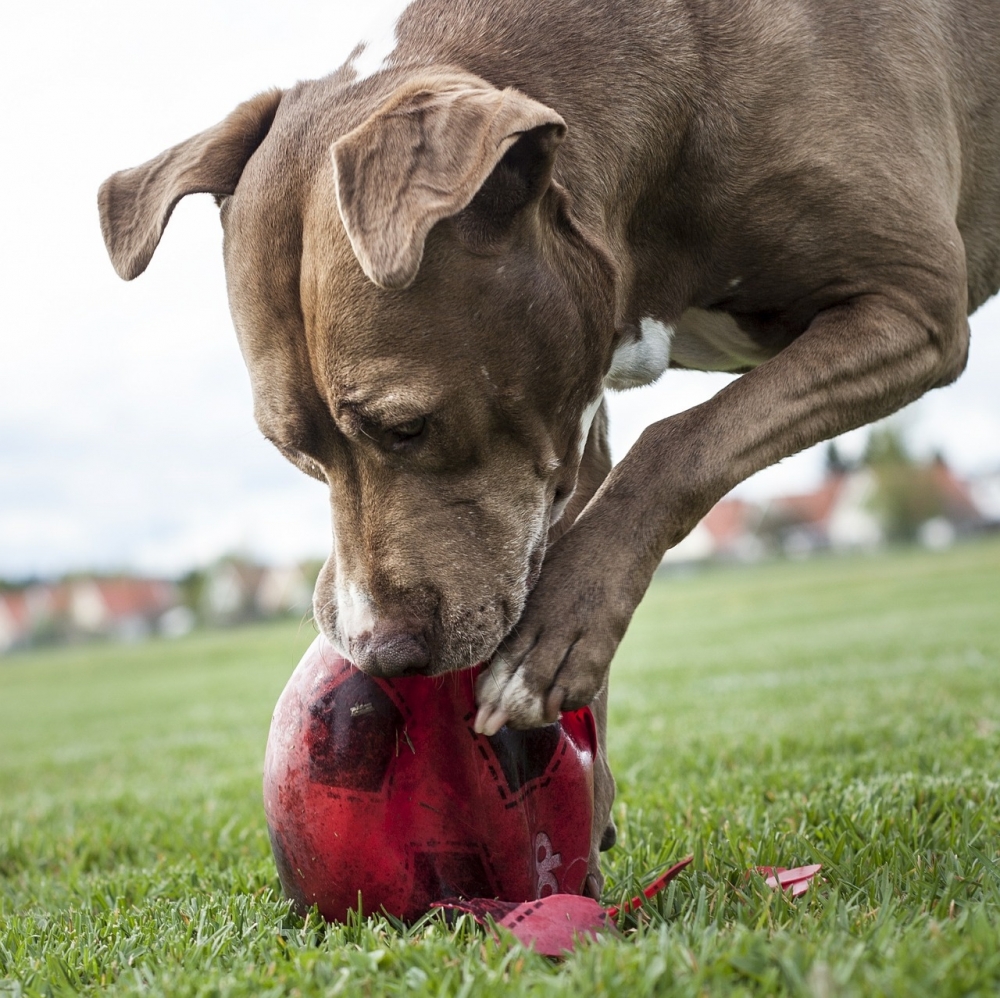
Again, destructive behaviour is not generated from spite. In your senior dog especially, it’s likely due to anxiety. Chewing helps your dog relieve stress. Give your dog new toys to chew on, and rotate them frequently to keep their appeal fresh. Be sure and praise him when he chews on the toy instead of your shoe!
Grooming Struggles
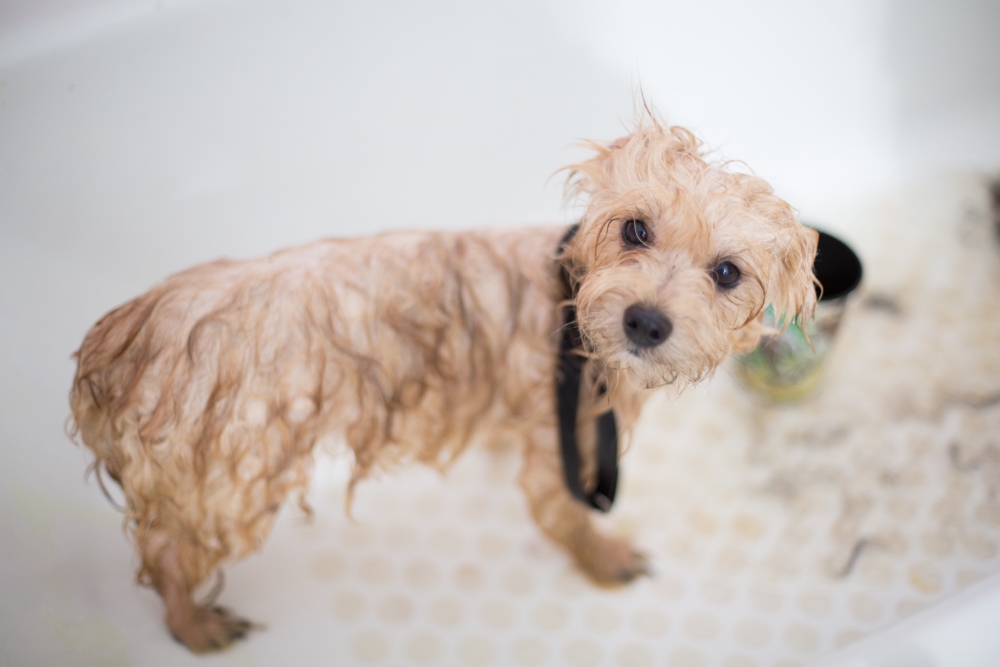
As dogs age, they grow more physically sensitive. Aching bones and arthritis may make it painful for your dog when you brush him. Be extra gentle with your older dog while grooming. Use treats to make the experience a positive one, just as you did when he was just learning how to enjoy his spa treatments.
There is a beautiful quote by Sidney Jean Seward, “Blessed is the person who has earned the love of an old dog.” Your senior dog may be reliving some problem behaviours as he ages, but it’s a small price to pay for every extra day you have together.
Teoti Anderson, CPDT-KA, KPA-CTP, is a professional dog trainer and author of The Dog Behavior Problem Solver, Ultimate Guide to Dog Training, Puppy Care and Training, and more. She hosts the Get Pawsitive Results radio show on Pet Life Radio and educates pet parents and other trainers on canine behaviour through popular webinars and workshops.
Join the newsletter and never miss out on dog content again!
"*" indicates required fields
By clicking the arrow, you agree to our web Terms of Use and Privacy & Cookie Policy. Easy unsubscribe links are provided in every email.



